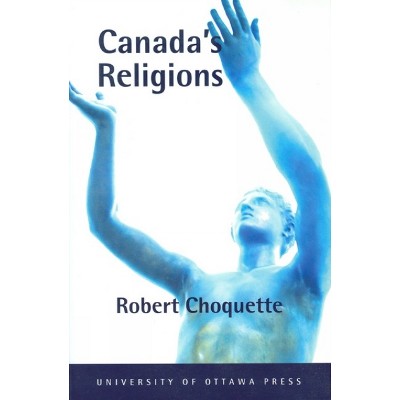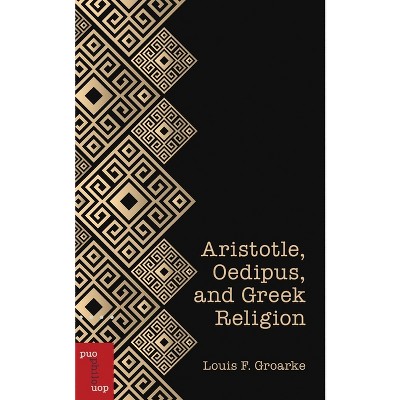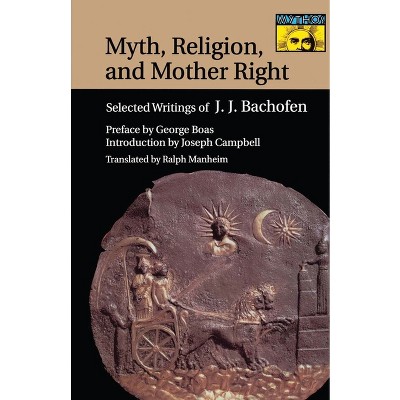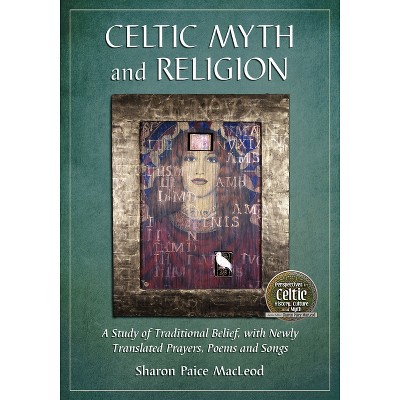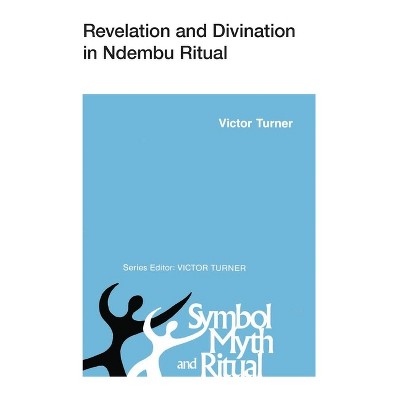Sponsored

Myth, Symbol, and Colonial Encounter - (Religion and Beliefs) by Jennifer Reid (Paperback)
$18.00
In Stock
Eligible for registries and wish lists
Sponsored
About this item
Highlights
- From the time of the Treaty of Utrecht in 1713, people of British origin have shared the area of New Brunswick, Nova Scotia, and Prince Edward Island, traditionally called Acadia, with Eastern Canada's Algonkian-speaking peoples, the Mi'kmaq.
- Author(s): Jennifer Reid
- 133 Pages
- History, Canada
- Series Name: Religion and Beliefs
Description
About the Book
A historical analysis of colonial Acadia from the perspective of symbolic and mythic existence that will be useful to those interested in Canadian history, native Canadian history, religion in Canada, and history of religion.Book Synopsis
From the time of the Treaty of Utrecht in 1713, people of British origin have shared the area of New Brunswick, Nova Scotia, and Prince Edward Island, traditionally called Acadia, with Eastern Canada's Algonkian-speaking peoples, the Mi'kmaq.
This historical analysis of colonial Acadia from the perspective of symbolic and mythic existence will be useful to those interested in Canadian history, native Canadian history, religion in Canada, and history of religion. Published in English.From the Back Cover
From the time of the Treaty of Utrecht in 1713, people of British origin have shared the area of New Brunswick, Nova Scotia, and Prince Edward Island (traditionally called Acadia) with Eastern Canada's Algonkian-speaking peoples, the Mi'kmaq. Despite nearly three centuries of interaction, these communities have largely remained alienated from one another. What were the differences between Mi'kmaq and British structures of valuation? What were the consequences of Acadia's colonization for both Mi'kmaq and British people? By examining the symbolic and mythic lives of these peoples, Reid considers the eighteenth- and nineteenth-century roots of this alienation and suggests that interaction between British and Mi'kmaq during the period was substantially determined by each group's fundamental religious need to feel rooted - to feel at home in Acadia.Review Quotes
By examining the symbolic and mythic lives of these peoples, Reid (...) suggests that interaction between British and Mi'kmaq (...) was substantially determined by each group's fundamental religious need to feel rooted--to feel at home in Acadia-- "PUO-UOP"
Dimensions (Overall): 9.4 Inches (H) x 6.2 Inches (W) x .34 Inches (D)
Weight: .43 Pounds
Suggested Age: 22 Years and Up
Number of Pages: 133
Genre: History
Sub-Genre: Canada
Series Title: Religion and Beliefs
Publisher: University of Ottawa Press
Format: Paperback
Author: Jennifer Reid
Language: English
Street Date: January 1, 1995
TCIN: 85183126
UPC: 9780776604169
Item Number (DPCI): 247-63-7237
Origin: Made in the USA or Imported
If the item details aren’t accurate or complete, we want to know about it.
Shipping details
Estimated ship dimensions: 0.34 inches length x 6.2 inches width x 9.4 inches height
Estimated ship weight: 0.43 pounds
We regret that this item cannot be shipped to PO Boxes.
This item cannot be shipped to the following locations: American Samoa (see also separate entry under AS), Guam (see also separate entry under GU), Northern Mariana Islands, Puerto Rico (see also separate entry under PR), United States Minor Outlying Islands, Virgin Islands, U.S., APO/FPO
Return details
This item can be returned to any Target store or Target.com.
This item must be returned within 90 days of the date it was purchased in store, shipped, delivered by a Shipt shopper, or made ready for pickup.
See the return policy for complete information.
Trending Non-Fiction


$19.31
was $20.98 New lower price
Buy 1, get 1 50% off select books & accessories
4 out of 5 stars with 57 ratings

$19.58
MSRP $29.00
Buy 1, get 1 50% off select books & accessories
4.6 out of 5 stars with 12 ratings

$4.59
MSRP $7.99
Buy 1, get 1 50% off select books & accessories
4.8 out of 5 stars with 118 ratings

$6.20
MSRP $10.95
Buy 1, get 1 50% off select books & accessories
4.8 out of 5 stars with 33 ratings

$7.09
MSRP $9.99
Buy 1, get 1 50% off select books & accessories
4.9 out of 5 stars with 45 ratings
